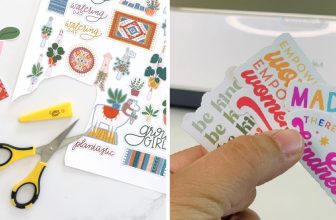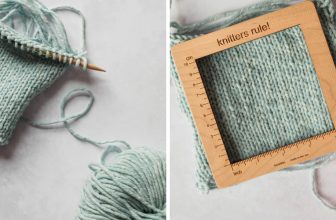How to Prevent Dog Urine from Killing Lawn
Dog urine has a high concentration of nitrogen which is the critical component in fertilizers. The dog’s urine contains this and feeds the plants, which thrive for a few weeks before wilting and dying off. To avoid this from happening, it is essential not to allow your dog to go onto your lawn or use an environmentally friendly fertilizer.
If you have already had your dog urinate on your lawn, many home remedies can be used, such as baking soda with water or sprinkling salt on top of the area where he urinated. Read this full blog post to know how to prevent dog urine from killing lawn.
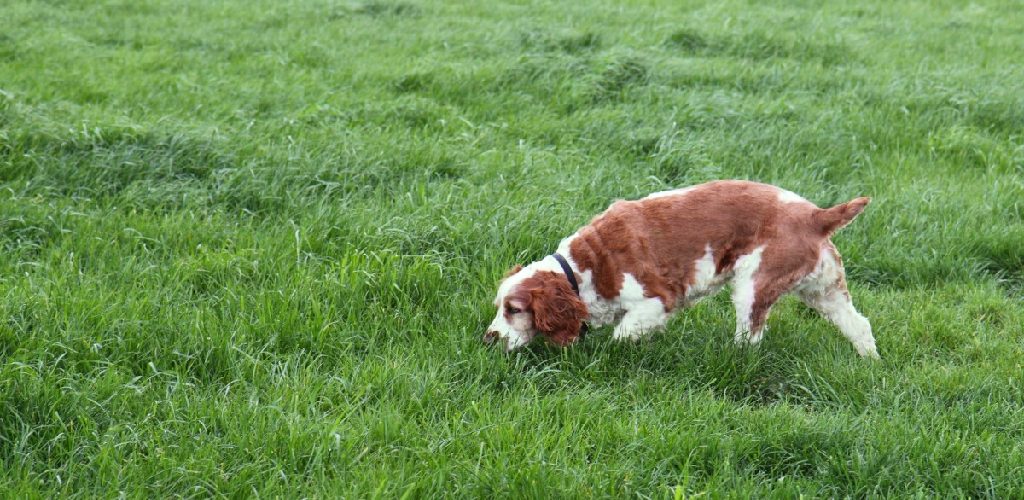
10 Ways on How to Prevent Dog Urine From Killing Lawn:
1. Keep Your Lawn Properly Maintained:
The grass in your yard is important, and you should take care of it. You should not neglect your lawn if your dog’s urine is killing the grass. You can lose it quickly if the grass is dead, over-fertilized, or dry. To keep your yard healthy, water it regularly and only uses fertilizer when it is necessary.
2. Keep Your Dog on a Leash:
This may seem like an obvious training step, but dogs should be trained to always be on a leash while outdoors and not just when you’re outside with them. Dogs left out to roam can come upon neighbor dogs peeing in their lawns and imitate the behavior. This creates a miserable situation for you and the dogs’ owners.
3. Time Your Walks:
If your dog needs to go to the bathroom in the morning, consider taking it out before leaving for work, after dinner at night, or when you get home from work. Then your dog will not have enough time to cause any damage.
4. Think About the Grass:
Some types of grass, such as Bermuda or St. Augustine, can be more resistant to urine than others like bluegrass or fescue. But, again, there are many different types of grass, and no one fits every situation, so try to find out which type is right for your yard and then find a dog-friendly fertilizer to use.
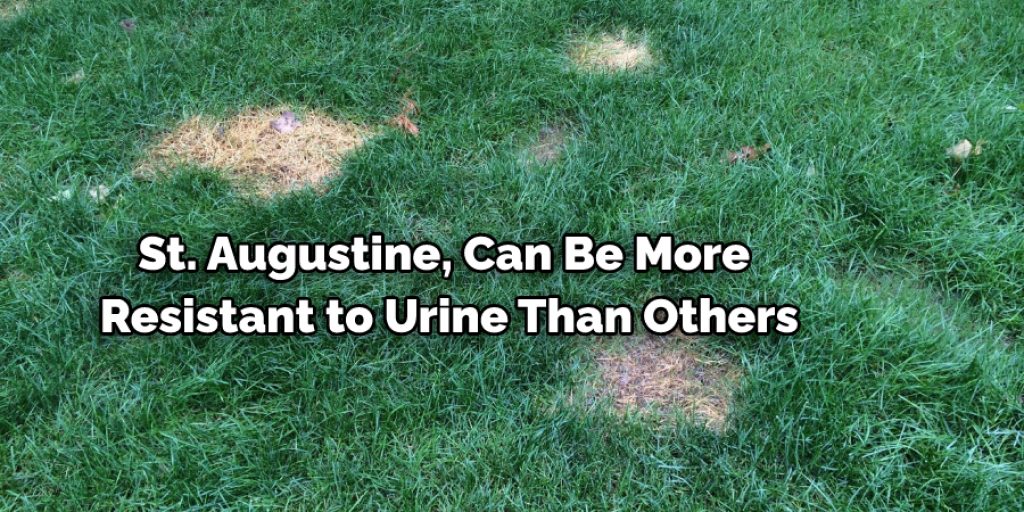
5. Use a Natural Dog-friendly Fertilizer:
Bags of synthetic fertilizers can be cheap and convenient. Still, they kill the grass in your yard and attract predators such as coyotes or bobcats, which can carry deadly diseases such as rabies or toxoplasmosis. Instead, buy bags of organic fertilizer and spread it around your yard. This has fewer chemicals which makes for a safer living environment and will cause no damage to your grass as long as you do not over-apply it.
6. Clean Up the Mess:
Cleaning up dog waste is a necessary part of being a dog owner. While you don’t want to encourage your pet to go in the yard, ensure it does not stay any longer than necessary once they’ve relieved themselves. Use a paper towel or disposable plastic bags to remove all solid waste, and apply some bleach if possible before washing it down the drain.
7. Try a Barrier:
To create a temporary barrier to keep your dog from getting into certain parts of your yard, consider buying or making an invisible fence. This will prevent any hot spots on the lawn caused by the urine without being too much work for you when it comes time to clean up accidents.
8. Stop the Cycle:
Avoid using grass seed to fix the problem if you’re scheduled to mow your lawn and discover that your dog’s urine has already damaged some of it. Instead, use whole plants or sod, which will naturally grow back together. This avoids spreading new seeds on top of old ones, which may not grow.
9. Maintain Positive Habits:
Make sure your dog has a space of its own to go in the yard and praise it when they do use that spot. Avoid punishing your pet for not going in that designated area, which will only stress them out and prevent them from wanting to relieve themselves at all. Punishing your dog is not an effective way to train it to use the bathroom outside.
10. Make Sure Your Dog is Healthy:
If your pet is losing weight, having problems with their stool, or experiencing any other health issues, take them to a veterinarian right away for treatment before these issues get worse. This could be the root of the problem and eliminate the need for any of these steps to begin with.
Five Things That You Should Not Use on a New Lawn
You now know how to prevent dog urine from killing your lawn, but there are some things you need to avoid using that can be harmful to your lawn.
1. Don’t Use Salt or Magnesium Chloride:
These salts attract other predators like coyotes and rabbits, which can carry rabies. Smaller animals mean smaller portions of poison for your dog to ingest, so avoid chemicals that lead to larger predators in your yard. Salt might be diluted, but it is still dangerous for your dog to ingest.
2. Don’t Use Weed Killers:
As with salt and magnesium chloride, these chemicals attract other predators, which can carry diseases like rabies or parasites that can harm humans or animals. These chemicals are also carcinogenic, so they will pollute the environment and your lawn.
3. No Ashes From a Campfire:
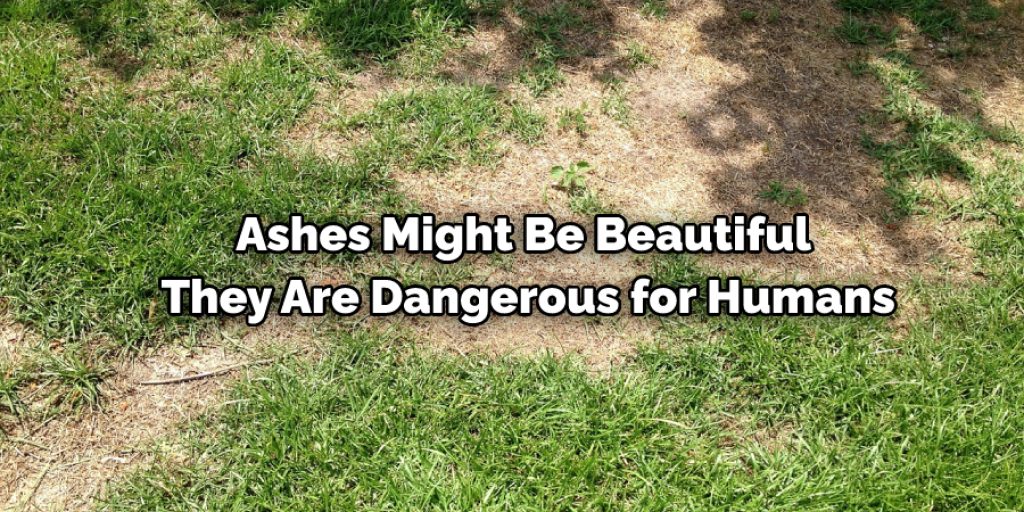
Although the ashes might be beautiful, they are dangerous for humans and animals alike. In addition, they can kill any plant life in your yard, so consider using mulch instead.
4. Don’t Use Fertilizers With Nitrogen:
Nitrogen is an essential part of fertilizer since plant roots rapidly absorb it. But after a few weeks, too much nitrogen in the soil will lead to toxicity of the grass and cause it to die off.
5. Don’t Spread Seeds When Birds Are About:
If you have just seeded your lawn, wait until there are no birds around before passing over it with a lawnmower or aerator. Birds carry parasites that can harm you and your pets, especially if the parasites end up on your lawn.
Conclusion:
In this article, we have provided ten methods on how to prevent dog urine from killing lawns. We’ve also given you five things that can be harmful to a new lawn and should not be used on it if possible.
To protect the roots of plants in your yard, don’t let your dog pee on them or use any of these potentially harmful substances herbicides, fertilizers with high nitrogen content, and weed killers containing glyphosate. Instead, let’s ensure our dogs’ bathroom habits won’t ruin our yards!
You may also read: How to Stop Rabbit Pooping Everywhere.



